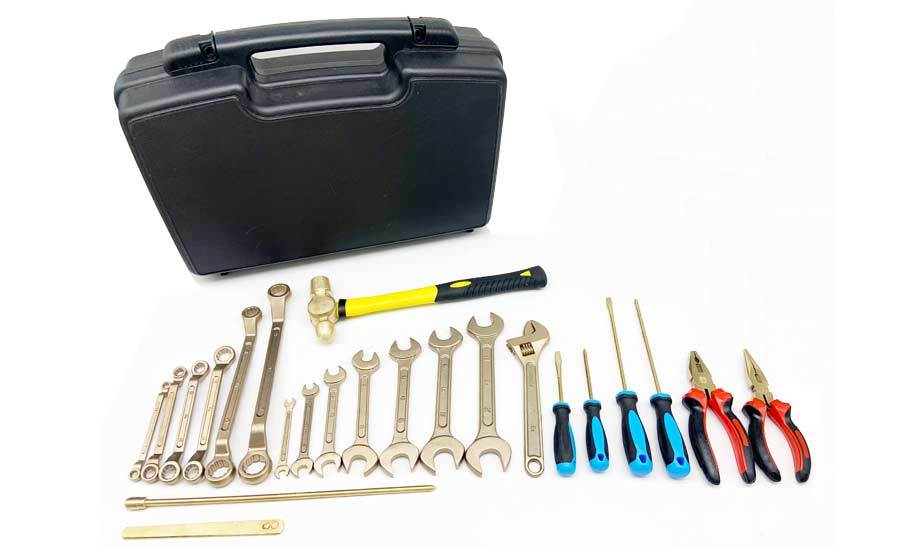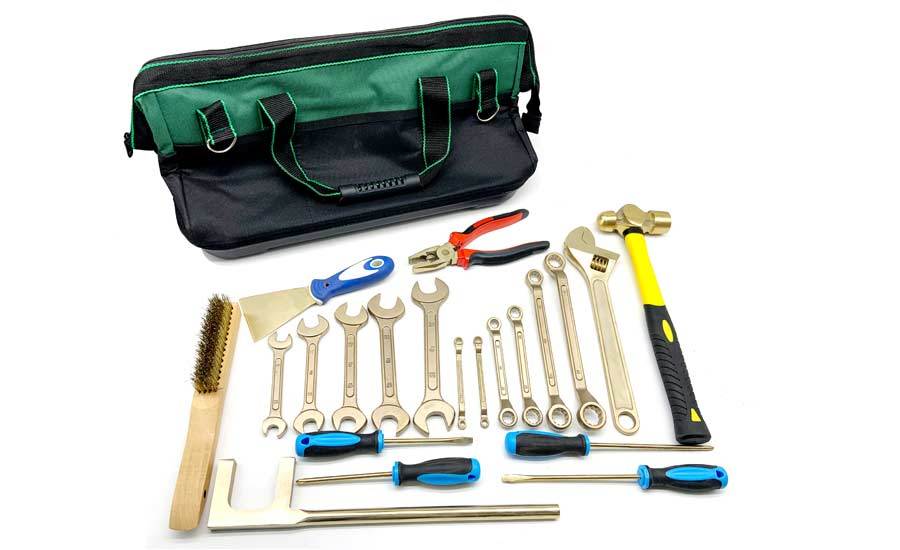Stay Safe with Non-Sparking Tools: A Guide to Explosion-Proof Equipment
Release time:
2025-07-25
【Summary】 Discover the importance of non-sparking tools in hazardous environments and learn how they enhance safety.
Understanding Non-Sparking Tools
When it comes to working in hazardous environments, safety is paramount. One of the unsung heroes in this realm is non-sparking tools. These specialized tools are designed to prevent sparks that could ignite flammable gases or dust, making them essential in industries such as oil and gas, mining, and chemicals.
Why Non-Sparking Tools Matter
Picture this: you're in a facility surrounded by volatile materials. The last thing you want is for a stray spark to turn your day into chaos. That's where non-sparking tools come into play. Made from materials like brass or aluminum alloys, these tools reduce the risk of ignition, allowing workers to carry out their tasks without the looming threat of explosions.
Common Applications
Non-sparking tools find their niche in various settings. Here are a few examples:
- Oil rigs
- Chemical plants
- Mining operations
- Food processing facilities
In each of these environments, the potential for flammable materials is high, and using traditional tools could lead to dangerous situations. With non-sparking tools, you can breathe a little easier.
Types of Non-Sparking Tools
Now, you might be wondering, "What kinds of tools are we talking about?" Great question! Let’s break it down:
- Wrenches: Perfect for tightening and loosening nuts and bolts without the risk of sparks.
- Hammers: Non-sparking hammers can handle heavy-duty tasks without igniting any nearby gases.
- Screwdrivers: Essential for any toolkit, non-sparking screwdrivers help keep you safe in flammable environments.
Each of these tools offers a reliable, spark-free solution, making them a must-have for safety-conscious workers.
Choosing the Right Non-Sparking Tool
Alright, so how do you pick the right non-sparking tool for your needs? Here are some handy tips:
- Material: Look for tools made from approved non-sparking materials. Brass and bronze are popular choices.
- Certification: Ensure the tools meet industry safety standards. Certifications like ATEX and IECEx are good indicators.
- Application: Consider the specific environment and tasks you'll be performing. Different tools serve different purposes.
By keeping these factors in mind, you’ll be able to select tools that best fit your work requirements.
Maintenance Tips for Longevity
Non-sparking tools can be a bit of an investment, so you’ll want to keep them in top shape. Here’s how:
- Regular Cleaning: Keep your tools free from dirt and grime that could affect their performance.
- Visual Inspections: Check for any signs of wear or damage before each use.
- Proper Storage: Store your tools in a dry place to prevent corrosion.
Following these simple maintenance tips will help you maximize the lifespan of your non-sparking tools.
The Bottom Line
In a world where safety can’t be compromised, non-sparking tools are your best friends. They not only protect you but also enhance the overall safety of your workplace. So, the next time you gear up for a job in a hazardous environment, don’t forget to reach for those spark-free wonders!

Key words:
Key words:
non-sparking tools,Non-Sparking Tools,Non Sparking Tools
Related News













